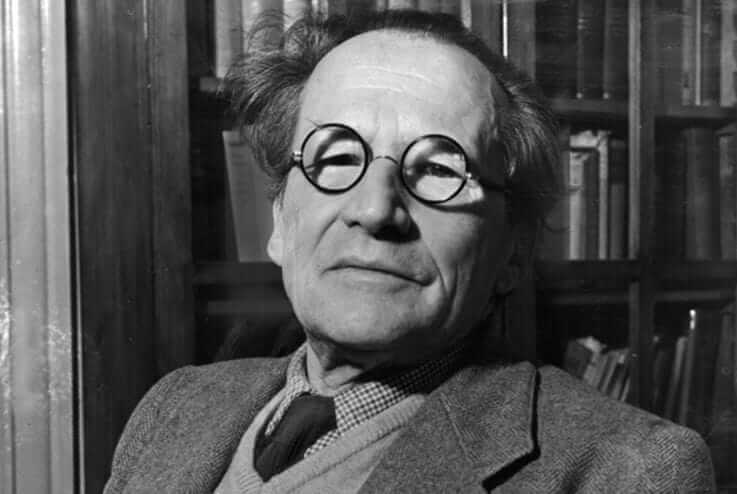Here is a list of top 10 German scientists who helped humanity to raise our bar. Their life is an inspiration for all the budding researchers.
- Albert Einstein (1879-1955): A theoretical physicist known for his groundbreaking work on the theory of relativity, which revolutionized our understanding of space, time, and gravity. He also received the Nobel Prize in Physics for his explanation of the photoelectric effect.
- Max Planck (1858-1947): Often referred to as the father of quantum theory, Planck introduced the concept of quantization of energy and laid the foundation for modern quantum mechanics. He formulated Planck’s constant, a fundamental constant in physics.
- Werner Heisenberg (1901-1976): Another key figure in quantum mechanics, Heisenberg formulated the famous uncertainty principle, which states that certain pairs of physical properties, like position and momentum, cannot be precisely measured simultaneously.
- Erwin Schrödinger (1887-1961): A physicist who developed important concepts in quantum mechanics, including the Schrödinger equation, which describes the behavior of quantum systems. He also introduced the concept of wave functions.
- Carl Friedrich Gauss (1777-1855): Known as the “Prince of Mathematicians,” Gauss made significant contributions to various fields of mathematics, including number theory, algebra, and statistics. He also played a role in the development of electrostatics.
- Robert Koch (1843-1910): A pioneer in the field of microbiology, Koch is renowned for his discoveries of the specific bacteria responsible for diseases such as tuberculosis, cholera, and anthrax. He developed Koch’s postulates, which are still used to establish the causative agents of diseases.
- Otto Hahn (1879-1968): A chemist who is best known for his discovery of nuclear fission, a process in which the nucleus of an atom splits into two smaller nuclei, releasing a significant amount of energy. This discovery laid the groundwork for nuclear energy and atomic weapons.
- Emmy Noether (1882-1935): A mathematician known for her profound contributions to abstract algebra and theoretical physics. Noether’s theorem, named after her, connects symmetries in physics to conservation laws.
- Hermann von Helmholtz (1821-1894): A physicist and physiologist who made significant contributions to various fields, including thermodynamics, optics, and electrodynamics. He also formulated the law of conservation of energy and introduced the concept of free energy.
- Johannes Kepler (1571-1630): Although born before Germany was a unified nation, Kepler was a key figure in the scientific revolution and is best known for his laws of planetary motion. His work laid the foundation for Isaac Newton’s laws of motion and universal gravitation.
